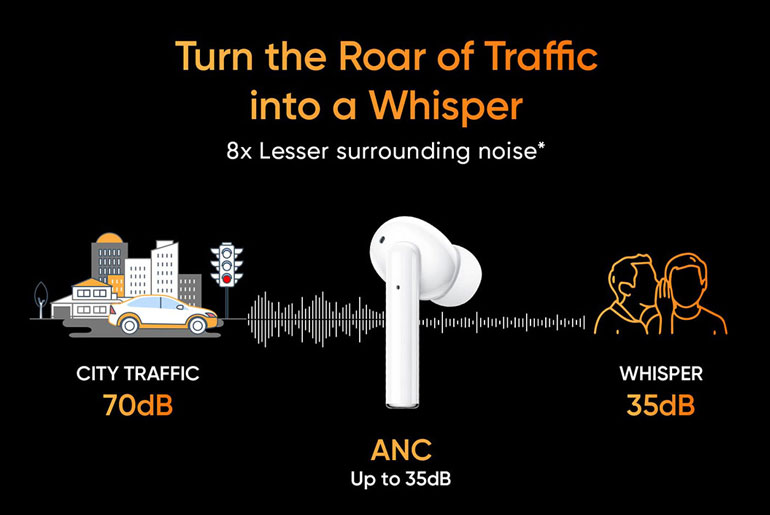World Bank - the Philippines has expensive but slow internet services - Android
A joint study by the World Bank and the Philippines’ National Economic and Development Authority (NEDA) reveals that Filipinos are paying more for slow internet services. The report “A Better Normal Under COVID-19: Digitalizing the Philippine Economy Now” reveals something we already know: the country is lagging behind neighboring middle-income countries in terms of internet […] More
This article, World Bank: the Philippines has expensive but slow internet services, was originally published at NoypiGeeks | Philippines Technology News, Reviews and How to's.
A joint study by the World Bank and the Philippines’ National Economic and Development Authority (NEDA) reveals that Filipinos are paying more for slow internet services.
The report “A Better Normal Under COVID-19: Digitalizing the Philippine Economy Now” reveals something we already know: the country is lagging behind neighboring middle-income countries in terms of internet quality, availability, and pricing.
As per the report, 57% of Filipino households, or 12.2 million families, still don’t have access to the internet, while those who do are suffering from slow download speeds.
The 16.76Mbps average mobile broadband speed is also below the global average of 32.01Mbps. While 3G/4G speeds only average at 7Mbps, versus the ASEAN average of 13.26Mbps.
As for pricing, the Philippines’ fixed broadband plans have a similar cost to those of Singapore and Thailand. What’s ironic is, these countries have the fastest internet speeds in the region, opposite to what the Filipinos are experiencing.
We also have the fourth most expensive mobile broadband cost in the ASEAN. A 500MB data averages at USD6.3 (around Php300) a month.
World Bank and NEDA traced these issues from the anemic digital infrastructure, long-time industry duopoly, and outdated regulatory laws and rules.
The report also points to the designation of telecommunications as a public utility, which limits foreign ownership and put a cap on the rate of return.
It also points to the lack of national ID, low transaction account ownership, underdeveloped payment infrastructure, and some Filipinos’ hesitations on digital transactions. These problems, as the report says, slowed down the local adoption of digital technologies.
But, as per Socioeconomic Planning Undersecretary Rosemarie G. Edillon, the heavy implementation of community quarantine in the past few months forced people to look for online and digital alternatives to cope up.
Moreover, Ndiame Diop of World Bank Philippines also notes the limited availability and quality of internet services in rural areas. Improving the digital infrastructure in the whole country will not only help the countryside, but will also up the social service delivery, create more economic opportunities, and enhance resilience against shocks.
Se also: Duterte asked to abolish franchise for international satellite tech to improve countryside internet
World Bank economist Kevin Chua cited that digital adaption by the citizens, businesses, and the government is also important. This will help the country overcome the global health crisis and achieve its target to become a poverty-free society by 2040.
Chua suggests that the government speed up e-governance projects, foster policies that “reduce the digital divide, and create a more conducive business environment for the digital economy to flourish,”.
This article, World Bank: the Philippines has expensive but slow internet services, was originally published at NoypiGeeks | Philippines Technology News, Reviews and How to's.
07/10/2020 05:56 AM
Samsung sale offers discounted QLED 4K TVs and more
07/10/2020 07:59 AM
Apple sets “Hi, Speed” event on October 13
07/10/2020 01:18 AM
10 Best Educational Games for Kids
07/10/2020 05:32 PM
GSuite rebrands to Google Workspace
07/10/2020 06:55 AM
Lenovo IdeaPad Gaming 3i Review
07/10/2020 09:54 AM
Realme Buds Wireless Pro with ANC and Sony LDAC now official
07/10/2020 03:55 PM
XTREME Appliances joins 10.10 Sale on Lazada and Shopee
07/10/2020 09:01 AM
realme Buds Air Pro ANC, Buds Wireless Pro ANC now official
07/10/2020 09:44 AM
- HEALTH
- Comics
- Libraries & Demo
- Sports Games
- Racing
- Photography
- Transportation
- Media & Video
- Sports
- Health & Fitness
- Weather
- Medical
- Cards & Casino
- Arcade & Action
- Personalization
- Social
- Communication
- Productivity
- Casual
- Shopping
- Tools
- Brain & Puzzle
- Business
- News & Magazines
- Finance
- Lifestyle
- Music & Audio
- Entertainment
- Travel & Local
- Books & Reference
- Education







